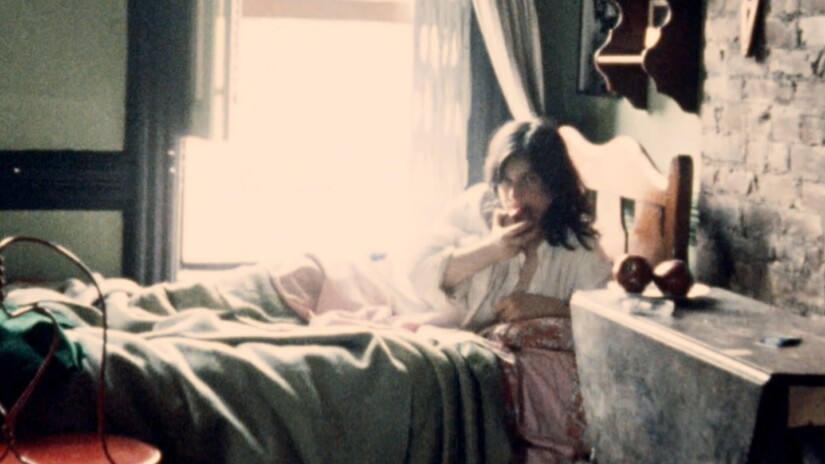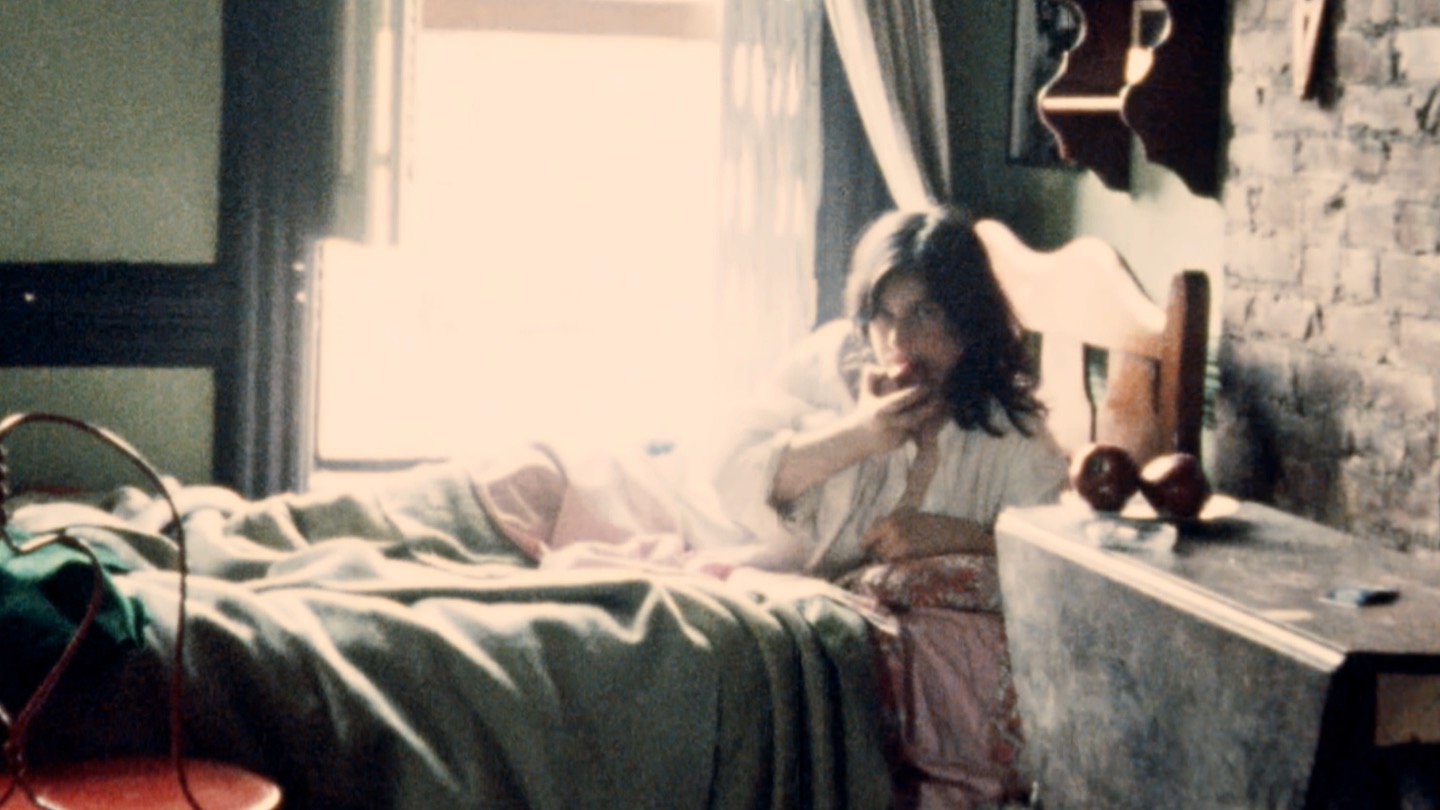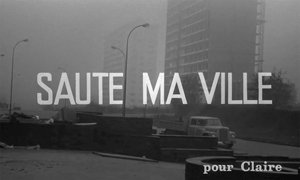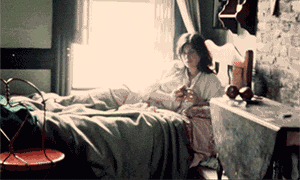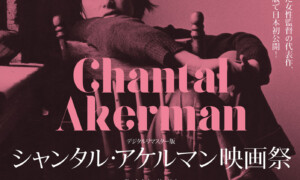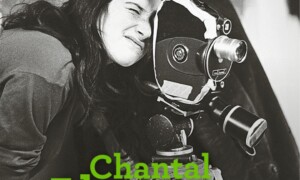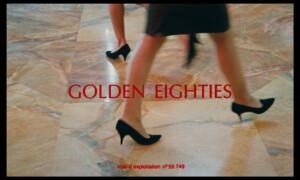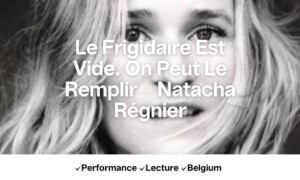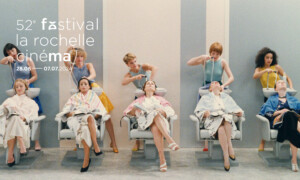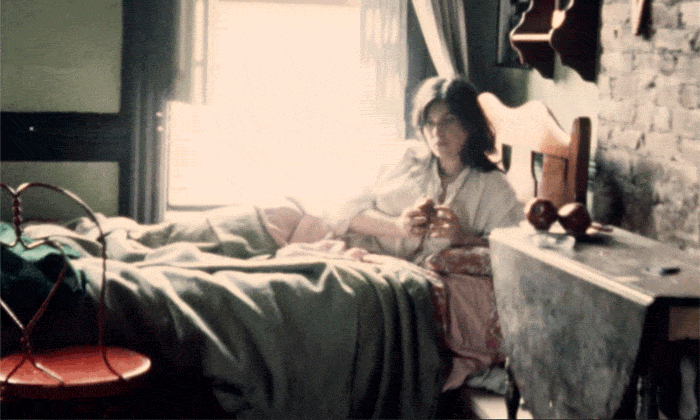
La Chambre, 1972, 11’
Panning shots describe the space of a room as a succession of still lives: a chair, some fruit on a table, a collection of solitary, waiting objects. Sitting on the bed there is the presence of a young woman: the filmmaker herself, eating an apple.
“The problematic relation between a woman’s daily routine and her creative everyday is dramatically highlighted through the flight into a secluded room – in which the stakes of her art will be proven. It is in this room apart that Akerman performs rituals of order and disorder, as if carrying out a continuous aesthetic experiment. This room is especially charged with an obsessive quality that points to a central problematic in her films: the autonomous person.”
Ivone Margulies,
“La Chambre Akerman. The Captive as Creator” Rouge, December 2006.
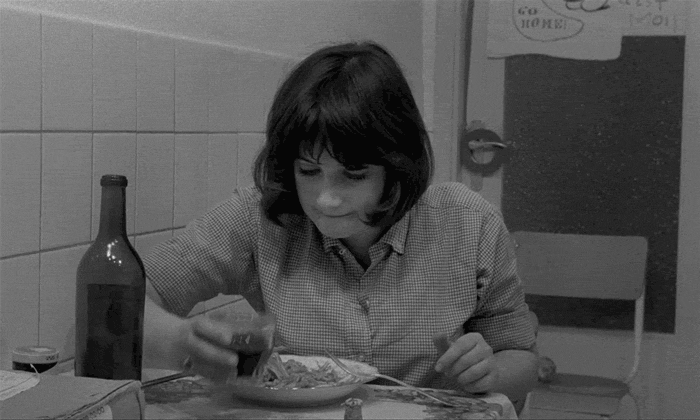
Saute ma ville, 1968, 13’
…a young lady in her apartment’s kitchen mops the floors, polishes her shoes, dances, cooks, drinks wine, then she duct-tapes the door, opens the gas and blows everything up – humming all along.
“Akerman has described her first film, Saute ma ville, made when she was only 18, as her attempt to do something Chaplinesque. I strongly suspect that she was thinking about Chaplin’s fourth comedy short made at Mutual, his justly celebrated One A.M. (1916), where, apart from a cab driver glimpsed briefly at the very beginning, Chaplin is the only actor in sight, his character arriving at his own home and proceeding to interact catastrophically with the various props he encounters as he tries to get upstairs and go to bed.
Chaplin’s narrative pretext for all the comic chaos engendered is his character’s extreme drunkenness. Akerman – whom we hear manically and wordlessly singing offscreen from the very outset, and is also the only character we see, arriving home and in her case restricting her activities there to a kitchen – provides no narrative context of any kind beyond a certain punklike rebellion against the various domestic rituals that she performs or pretends to perform. These are the same sort of rituals, such as cooking, eating, cleaning up, and polishing shoes that, seven years later, Jeanne Dielman will compulsively embrace, although in this case Akerman’s own frenzied and parodic enactments eventually culminate in a series of offscreen explosions from a gas stove that fulfill the film’s apocalyptic title. (The ‘cleaning up’ that she performs earlier is in such a destructive manner that it recalls the final sequence in Vera Chytilova’s radical Czech farce Daisies, released two years earlier in 1966, when the two teenage heroines pretend to ‘clean up’ after their protracted and extravagant food orgy inside a banquet room.)”
Jonathan Rosenbaum,
“Chantal Akerman: The Integrity of Exile and the Everyday” LOLA Journal.
